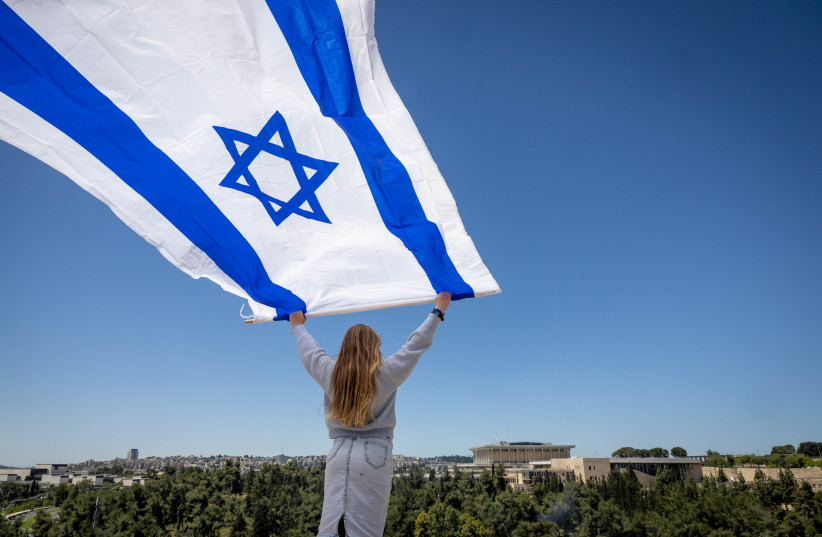If you’re anything like me, the constant barrage of news headlines screaming for attention can be overwhelming. Often, these stories tap into our deepest fears, stirring up anger and grief.
Unfortunately, much of the troubling news we encounter is a stark reflection of reality, demanding our focus and action. However, it’s crucial to remember that this isn’t the whole picture.
Amid the din, quieter, hopeful narratives often go unnoticed. One such glimmer of optimism emerged last week when, on June 20, the Pew Research Center published a survey highlighting shifts in Israeli public opinion on social conflicts. Compared to last year, fewer Israelis now perceive deep divisions within their society.
Just 18% of Israelis see very strong conflicts between religious and non-religious communities, down from 29% in 2023. Only 24% observe significant tensions between the political Left and Right, a decrease from 32% last year. And 28% perceive intense conflicts between Israeli Arabs and Jews, a significant drop from 46% in 2023.
While some divisions remain entrenched and even intensified, these findings indicate a promising trend towards reduced societal disunion.
The Fourth Quarter organization
Now that we’ve identified this hopeful shift, the question remains: What can we do with it? Fortunately, an organization called Fourth Quarter is already making strides in this direction. Fourth Quarter is committed to fostering unity by highlighting the broad areas of agreement among Israelis. Rather than relying on empty slogans, they are methodically building a social movement centered on the expansive middle ground of Israeli society.

Founded by Yoav Heller more than two years ago, well before the war and the political upheaval of the attempted judicial overhaul, Fourth Quarter aims to combat polarization and promote national unity. The name “Fourth Quarter” alludes to the historically precarious periods in Jewish sovereignty in Israel’s past.
David Ben-Gurion envisioned that by the time Israel reached its 75th year, it would face the challenge of unifying a generation that no longer remembered the Holocaust or the nation’s founders. Today, Israel at 75 finds unity in mourning the tragedy of October 7, in supporting the just war against Hamas, and in praying for the hostages and their families. There is a collective empathy for the internally displaced and injured, and profound grief for fallen soldiers and their bereaved families. We are united in pain and in our commitment to come through this crisis better than before.
If you believe that unity is essential for Israel’s future as a Jewish and democratic state, consider exploring the work of Fourth Quarter. Their mission is to build a broad political base to reform the political system, moving it away from powerful extremes towards a consensus-driven approach. They are currently developing specific policy proposals, which will be available soon.
We can operationalize the dream of unity into a reality. Theodor Herzl was right when he said, “If you will it, it is no dream.”
The writer, a Ph.D., is a psychologist and podcast host of The Van Leer Jerusalem Series on Ideas – find it wherever you get your podcasts.